Uhuru Guarantees Transparency in South Africa General Election
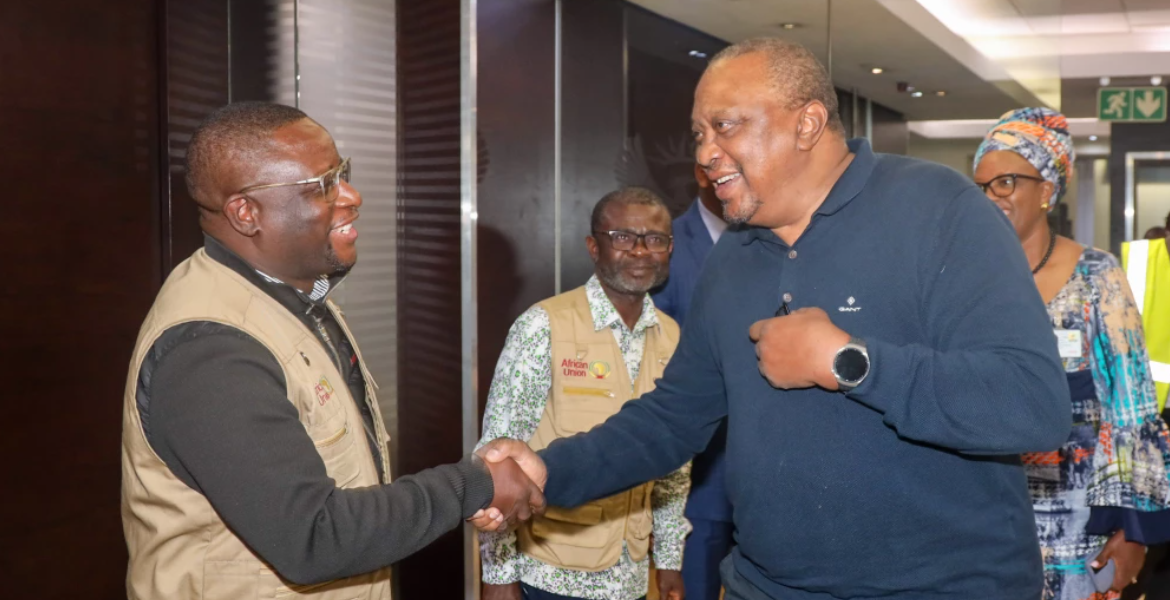
The upcoming 2024 South African general election, scheduled for May 29th, marks a crucial moment in the nation's democratic journey.
The former President of Kenya Uhuru Kenyatta has reiterated his dedication to preserving neutrality as South Africa gears up for the general election. Currently in the nation as a representative of the African Union Election Observation Mission (AUEOM), Kenyatta emphasizes that his sole objective is to ensure the electoral process unfolds in an environment characterized by fairness, transparency, and adherence to democratic principles.
During a press conference, the former President stated "Our presence here is to bear witness to the South African populace exercising their democratic right. We harbour no preconceived notions or desired outcomes; our role is solely to facilitate an opportunity for the people of South Africa to express their will freely and unimpeded." He further reiterated, "For us, this is the solemn duty entrusted to us."
The AUEOM's presence serves as an impartial guarantee in ensuring that the conduct of the elections adheres to the highest standards of fairness and transparency. By maintaining a neutral stance, the mission aims to foster an environment conducive to the unrestrained expression of the electorate's preferences, thereby reinforcing the principles of self-determination and popular sovereignty. Citizens across the nine provinces will exercise their constitutional right to determine the composition of the National Assembly and provincial legislatures through universal adult voting, a cornerstone of South Africa's post-apartheid era.
This seventh national election since the end of the segregationist regime in 1994 carries significant implications for the country's future trajectory. The political landscape has undergone a notable shift, as evidenced by the outcomes of the 2021 municipal elections. For the first time since the dawn of democracy, the African National Congress (ANC), the ruling party since 1994, received less than 50% of the nationwide vote. This decline in support was particularly pronounced in key metropolitan areas such as Tshwane (Pretoria), Johannesburg, Ekurhuleni, and eThekwini (Durban), where the party lost control or witnessed the formation of coalitions led by opposition parties.
Notably, while the ANC managed to retain control of eThekwini, the Democratic Alliance (DA) emerged as the leading force in Johannesburg and Ekurhuleni through majority and minority coalitions, respectively. The DA also formed a majority coalition government in Tshwane, a municipality it had governed since 2016. In a significant development in early 2023, the ANC and the Economic Freedom Fighters (EFF) joined forces in Johannesburg and Ekurhuleni, holding positions in the Mayoral Committee (MMC) while electing a mayor from a minority party.

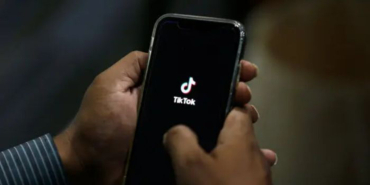

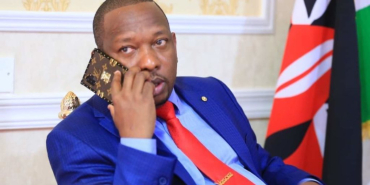

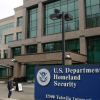
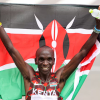

Comments
Mlevi Wanjohi, what an irony…
Permalink
Mlevi Wanjohi, what an irony?!?
What has njohi taken by…
Permalink
In reply to Mlevi Wanjohi, what an irony… by Juju (not verified)
What has njohi taken by others n not you to do with elections?What of your tea or porridge or your food to do with it too..grow up..gatitira
He🥱knows South Afica (Better…
Permalink
In reply to Mlevi Wanjohi, what an irony… by Juju (not verified)
He🥱knows South Afica (Better than South Africans themselves).
Somebody needs to head to…
Permalink
Somebody needs to head to the gym looks like a pumpkin
@Guest, gym is not for…
Permalink
In reply to Somebody needs to head to… by Guest (not verified)
@Guest, gym is not for everyone, but there is always a choice to eat less and stop drinking Johnny Walker and muratina like a fool!!!
COVID fund thug,Muigai is…
Permalink
COVID fund thug,Muigai is not even ashamed promising election transparency to South Africans.He has no authority role as an observer.Only a mad parson would trust a GATHIA like Uhuru who steals from dying/hungry people.
Red flag. Is he drunk during…
Permalink
Red flag. Is he drunk during election? He has no jurisdiction. He's no Chebukati
Add new comment